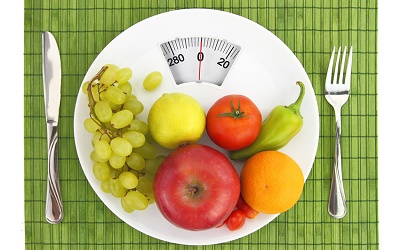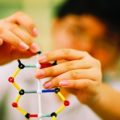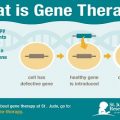PTE考生目前最大的问题之一就是练习题缺乏。除了有限的基本官方书(PLUS,Testbuilder, OG)之外就没有题了。很多英语基础不是很扎实的同学很难找到练习材料。悉尼文波雅思PTE培训学校专门为澳洲,尤其是悉尼、墨尔本的PTE考生准备了适合PTE听力阅读练习的科学60秒。各位PTE同学可以练习PTE听力中的summarise spoken text和PTE口语中的retell lecture,练习记笔记技巧和复述。
60秒科学:Diet and the Brain
Diet and the Brain
A study in the Proceedings of the National Academy of Sciences finds that brain chemicals linked to addiction are in play with a high–sugar diet, and a study in the Archives of Internal Medicine shows that a high–carb diet had lasting mood–elevation effects. Cynthia Graber reports
What you eat affects more than physical health. Two new studies have added to the growing evidence linking the stomach and the brain.
In a report in the Proceedings of the National Academy of Sciences, researchers studied how junk food can trigger addiction behaviors. The brain chemical corticotropin–releasing–factor, CRF, is linked to motivation, and plays a role in drug and alcohol withdrawal and relapse. Researchers had rats eat normal food, then binge on sugar and chocolate–flavored snacks. When the rats went off the junk, they expressed CRF, just as do rats going through withdrawal. The rodents also had more anxiety and were less interested in normal food.
Another study, published in the Archives of Internal Medicine, looked at human moods. Researchers followed 106 overweight people. Half followed a low–carb, very high–fat diet, and half ate a high–carbohydrate, low–fat diet. After a year, both groups averaged about 30 pounds weight loss. And though both groups’ moods improved after two months, only the low–fat, high–carb group kept up the good feelings. So what we eat doesn’t just go to our waists—it also goes to our brains.
—Cynthia Graber





